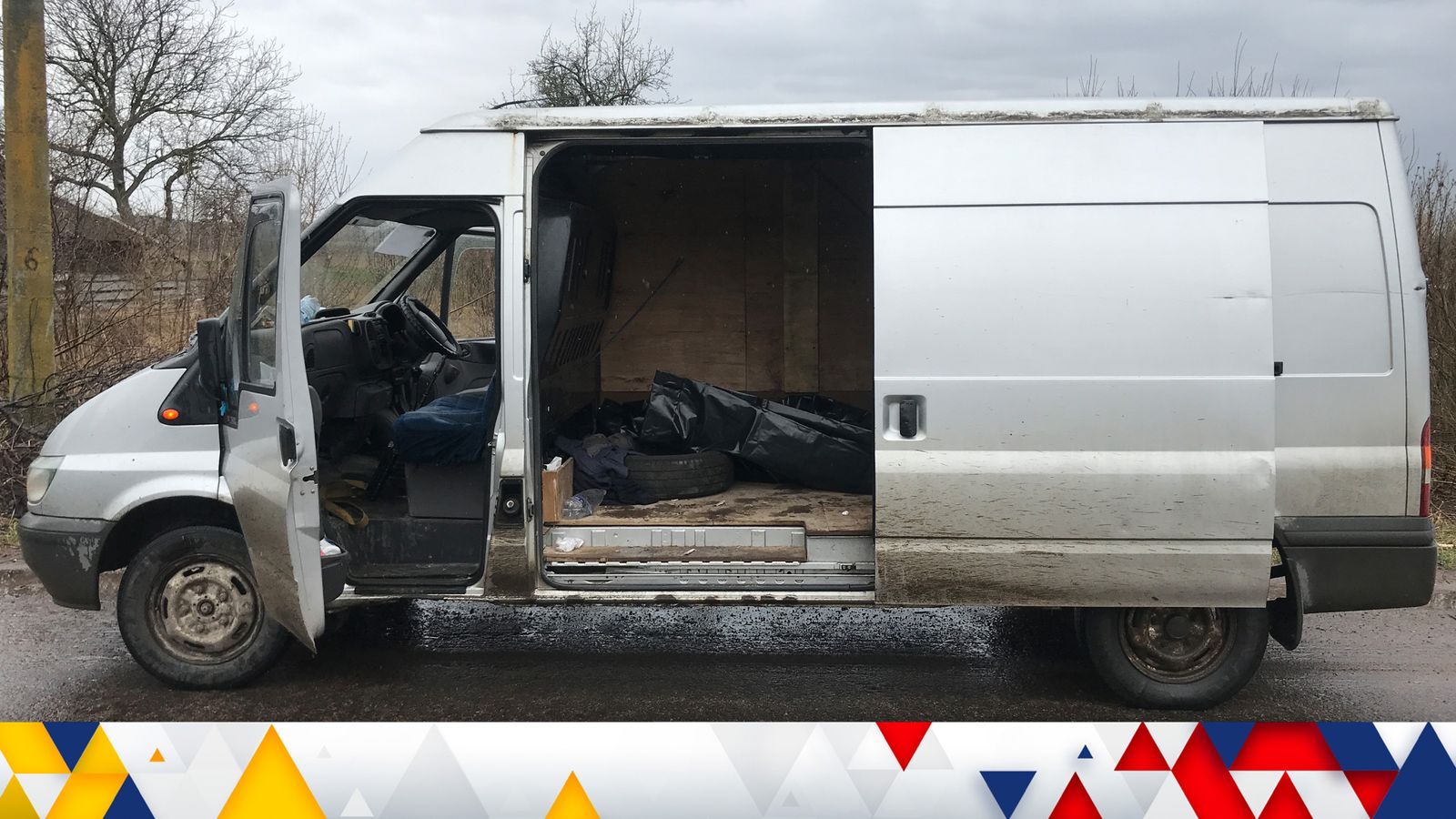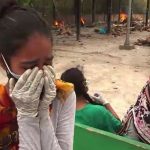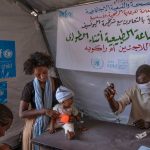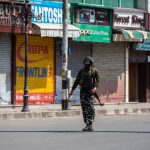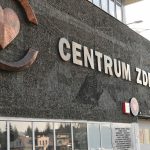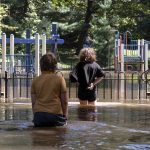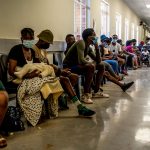Pulling up outside a small house in a rural village near Kyiv, the police team stepped out of their van with another body bag.
A young man was waiting at the front gate to usher them into the garden where, next to a shallow grave in a patch of mud, lay the body of his father, Yuri Vasakin, 62.
The son said Russian soldiers had beaten and then shot him in early March when they took control of a number of villages and hamlets around the town of Makariv.
Zelenskyy reveals PM’s promise to help ‘restore Kyiv’ – Ukraine live updates
Asked why they targeted his father, Yevgenii Vasakin just shrugged.
Officials said more than 130 bodies – all civilians – have been retrieved from around this area, to the east of the capital, the majority of the victims shot dead by Russian troops.
And the toll is growing.
“This is horrific. They are not humans,” said the mayor of the town, Vadim Tokar, a tall man dressed in military fatigues.
The evidence being dug up in gardens and fields appeared to point to Russian troops systematically shooting dead certain residents.
“We found bodies all around the district, wherever Russian forces had been occupying,” the mayor said.
Please use Chrome browser for a more accessible video player
Russia’s soldiers retreated from the area last week as part of a wider withdrawal from across the north of Ukraine.
Their exit uncovered the extent of the horrors that took place while their tanks trampled across the lives and livelihoods of the people of Makariv during the previous month.
Tasked with helping to pick up the pieces was local police officer Yuri Nechai and his team in their silver-coloured van, armed with a list of locations on a sheet of paper.
They used to patrol a quiet, peaceful community.
Now they have to pick up bodies.
It means the sight of death no longer has an impact.
“One month our territory go war,” Mr Nechai said, in broken English.
“I see how my friend explode. After this I don’t have feeling about when I found bodies.”
His team are finding a lot – more than 20 in the past three days alone.
There was another body in the neighbouring garden to the Vasakin house.
The victim was a retired police sergeant. He too had been shot dead.
The police officers carefully put his body into yet another body bag, zipped it up, picked it up and then hauled it into the van.
President Vladimir Putin’s spokesman has denied Russian troops have killed civilians in Ukraine.
The young police officer was incredulous at this remark.
“May I say what I think in English?” he asked, speaking in Ukrainian, then said: “It’s bulls***.”
Mr Nechai continued: “I know so many people, relatives. They call me and tell me, when Russian army go his house, take people from the house and shoot them.”
In a village about nine miles away, the local mayor said Russian troops killed his cousin, Vitaly Pavolvych, and his cousin’s neighbour – separately – execution-style.
Anatolii Kebukevych said he did not know why but he wondered whether his cousin had been shot because of something they saw on one of his mobile phones.
Both men were buried in a field around the back of their homes.
“First they killed Vitalik,” the mayor said.
“They tied his hands behind his back and made him kneel. They shot him. Then they went to Vadym [the neighbour]. They put him in the basement. It seemed he refused to kneel. They shot him in the legs, made him kneel and then shot him in the back of the neck.”
Back with the police van, the smell of death was overwhelming.
They had four bodies in the back, but needed to collect 10 before they could take them to the local morgue.
Mr Nechai said they had been alerted to three more victims buried in makeshift graves in a nearby village cemetery.
Climbing back into the vehicle, they headed off.
